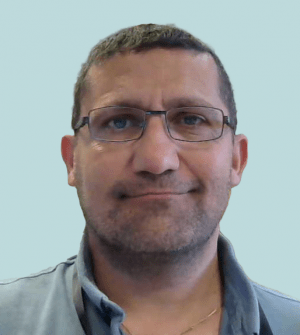Compared with multibeam systems (MBES), phase-measuring bathymetric systems (PMBS) generate considerably higher levels of across-track bathymetric data. In a typical operation, PMBS may generate thousands of data points per ping across the swath and can transmit up to thirty swaths per second. Such large volumes of data have historically led to more involved data processing steps associated with PMBS than are necessary with MBES. A typical data processing chain for PMBS data involves the sequential application of a number of user-configured discreet filters to reduce these data volumes and filter out outliers. As the application of those filters is user-dependant, it may have an impact in the reproducibility, consistency and accuracy of the results.
This presentation outlines the application of unsupervised Artificial Intelligence (AI) techniques to the issue of filtering PMBS data in real survey conditions. Results of unsupervised AI applied to real PMBS datasets are showcased with comparisons obtained from experienced data processors using traditional processing methods. Further evaluations are presented to highlight the impact in data quality and in real-time performance.
Francisco Gutierrez

Francisco Gutierrez is a Product Specialist for a range of bathymetric, side scan and sub-bottom profiling sonar systems in GeoAcoustics Ltd. Having originally graduated with a MSc Degree in Physics in Spain, where he is originally from, his career has also included working as a Field Application Engineer for Texas Instruments Ltd in the UK, France and Germany, as a Lead Technologist for the Spanish Research Council as well as Associate Professor of Electronics at the University of Cádiz. After joining GeoAcoustics in 2011, he has produced several pieces of work in the fields of Hydrography and Acoustics Backscatter. His current position is mostly about after-sales customer care, but he is heavily involved in the mentoring of younger members of the staff, in the improvement of business processes and in the production of technical papers.
Dr Danny Websdale

Dr Websdale is an AI/ML Research Scientist at GeoAcoustics Ltd. He received the B.Eng. degree in computer systems engineering (2014) and the Ph.D. degree in audio-visual speech processing (2019), both from the University of East Anglia, U.K. Currently, he is working on applying Artificial Intelligence for real-time seabed mapping and classification.
